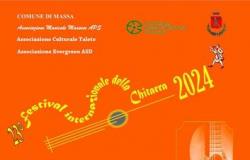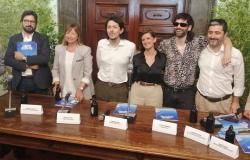Piedmont, in the north-west of Italy, is a true melting pot of landscapes and cultures, ranging from imposing Alpine peaks to cities rich in history, passing through the rolling hills of the Langhe and lakes that sparkle in the sun. This region offers a mosaic of natural and cultural attractions that attracts visitors from all over the world, making tourism one of the pillars of the local economy. In 2023, Piedmont recorded over 6 million arrivals and 16 million presences, significantly contributing to the regional economy with a 9.5% impact on GDP. Turin, with its province, led this statistic with a record of over 7 million visitors, demonstrating the effectiveness of tourism promotion strategies that have been able to enhance the region’s varied offering.
The foreign tourist segment represents an important slice of tourism in Piedmont, covering 52% of total presences. Visitors from Germany lead the way, marking an increase of 10.2% in arrivals and 7.8% in overnight stays compared to the previous year. The increase in foreign tourism spending, which reached around 810 million euros in 2023, was largely spurred by international credit card transactions. The tourist satisfaction rate was extremely high, with an approval rating of 91%, higher than that of other important Italian metropolises. This increase in tourist interest has had a considerable positive impact on the local economy, stimulating sectors such as hotels, services, restaurants and commerce, and demonstrating the importance of tourism as a driver of economic growth.
In addition to the appeal of urban areas such as Turin, Piedmont stands out for its attractions in less densely populated areas. The Langhe, Lake Maggiore and mountains, including Gran Paradiso and Monviso, offer ample opportunities for outdoor tourism, attracting a growing number of nature and adventure enthusiasts. Initiatives for the development of cycling infrastructure and the enrichment of the offer of personalized services are effectively responding to the growing demand for sustainable and quality tourist experiences. Furthermore, interest in food and wine and industrial tourism is growing, with particular attention paid to the traditions and stories of local businesses. These strategies not only increase tourist presences in lesser-known areas, but also promote tourism that enhances the natural and cultural heritage of Piedmont, supporting the vision of ethical and responsible tourism that can guarantee long-term benefits for the region.





